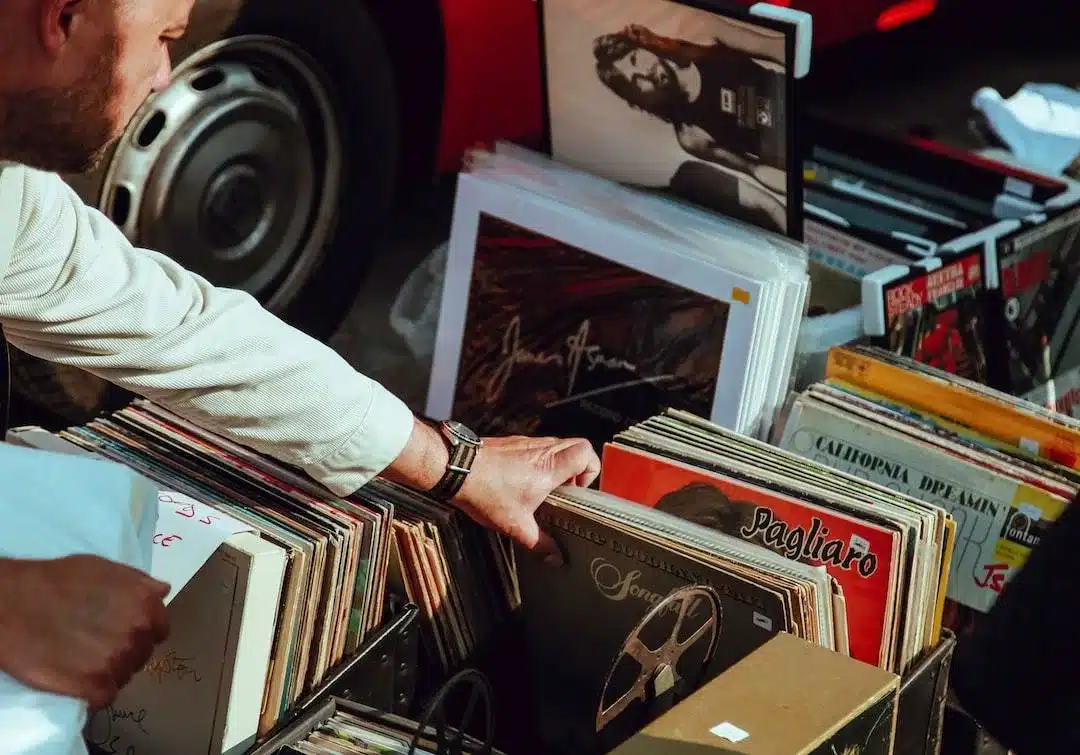If you’re searching for the best places to “donate goods near me,” look no further. This comprehensive guide will provide valuable insights into various organizations and donation centers that are eager to accept your generous contributions. Donating items not only declutters your space but also supports numerous causes and individuals in need.
Additionally, learn about meeting children’s needs through donations with SAFE’s distribution process, boosting soldiers’ morale with Operation Paperback, recycling cell phones for charity, raising awareness via National Kidney Foundation, Habitat for Humanity’s global impact on communities, scheduling pickups with Furniture Bank Network, preparing donations properly before sending them off to their new homes,
Table of Contents:
- City Thrift – Your One-Stop Donation Shop
- Preparing Items for Donation
- Tax Deductions for Charitable Contributions
- Donating Damaged Items
- FAQs in Relation to Donate Goods Near Me
- Conclusion
City Thrift – Your One-Stop Donation Shop
Declutter your home and help those in need by donating to City Thrift, which accepts a wide variety of donated items, including clothes, household goods, books, and more.
Donating is easy at City Thrift. They accept clothing donations for men, women, and children, furniture donations in good condition (excluding mattresses), gently used household items such as dishes and small appliances, DVDs, CDs, vinyl records & video games, and toys & sporting equipment.
If you have larger furniture pieces or numerous boxes that require pickup, many local Goodwill stores offer free donation pickups. To arrange for a free donation pickup, contact your local Goodwill store through their website or by phone.
By donating to City Thrift, you’re giving your unwanted items a new life with someone who will appreciate them while supporting local charities. So why wait? Start decluttering today by visiting City Thrift.
Preparing Items for Donation
Make sure your donated items are clean and disinfected to maintain a healthy environment in the donation center.
Cleaning and Disinfecting Donated Items
- Clothes: Wash clothes thoroughly and remove any stains or odors.
- Toys: Disinfect toys with appropriate cleaning solutions or wipes and remove batteries.
- Books: Wipe down book covers with a damp cloth and donate unwanted books to local hospitals, shelters, or schools.
Organizing Clothing Donations Effectively
Pair similar clothing items together and stack them according to size to make it easier for donation centers to sort through your donated items.
- Fold shirts neatly and stack them by size (small, medium, large).
- Roll up pants by size to save space in the donation bin.
Consider donating unwanted items like furniture, household goods, and books to local charities or organizations that offer free pickup services like the Salvation Army or Goodwill.
Donating to charitable organizations not only benefits those in need but also assists the working poor and animal shelters.
Remember to ask for a donation receipt and donate directly to the charity to ensure your contributions are going to a credible source.
Tax Deductions for Charitable Contributions
Donating items like furniture or clothing can lead to tax deductions, so keep track of your donations for tax purposes.
Form 1040 Schedule A
- Itemize your deductions: Use Form 1040 Schedule A instead of the standard deduction.
- Maintain donation receipts: Keep all donation receipts from the charity directly as proof of your donated items’ value.
- Determine fair market value: Estimate each item’s fair market value (FMV) based on its condition at the time of donating.
- Acknowledgment letter for large donations: Obtain an acknowledgment letter from the receiving charity for single-item deductions worth more than $500.
Enjoy financial benefits by utilizing these tax-saving strategies when decluttering your home and helping those in need by donating household goods and clothing.
Donating Damaged Items
Donating items in good condition is always best, but don’t toss out less-than-perfect belongings just yet.
Repurposing damaged goods for schools
Public schools often accept donated items for students in need, including clothing with minor flaws or books with some wear and tear. Reach out to local schools and inquire about their donation policies.
Offering worn-out items at local churches
Many local churches host giveaways or distribute free items among community members who could benefit from them. Consider donating slightly damaged household goods, clothes, or toys that can still serve a purpose.
Animal shelters frequently use worn-out linens or towels as bedding for animals under their care, while hospitals may utilize old sheets and blankets as rags during cleaning processes.
Research which establishments in your area accept specific types of damaged goods beforehand to ensure your donations reach the right hands while minimizing waste on both ends.
Remember, that which is discarded by one can be a valuable resource to another.
What clothing items should not be donated?
Avoid donating clothing that is stained, torn, excessively worn out, or has broken zippers/buttons. Items such as underwear and socks should ideally be new or gently used. Additionally, avoid donating recalled products like children’s sleepwear that don’t meet flammability standards.
Should you wash clothes before donating?
Yes, it is best practice to wash clothes before donating them. Clean garments are more appealing for recipients and easier for donation centers to process. Washing also helps remove potential allergens (e.g., pet hair) and ensures the items are hygienic when received by those in need.
Conclusion
Looking to donate goods near me? City Thrift is a great option for clothing and household item donations!
Remember to properly prepare your donations before scheduling pickups with any organization – whether you choose repurposing or upcycling initiatives or simply donating unused items in good condition, every little bit helps those in need!
Have any questions? Find the nearest City Thrift to you today!







Leave A Comment